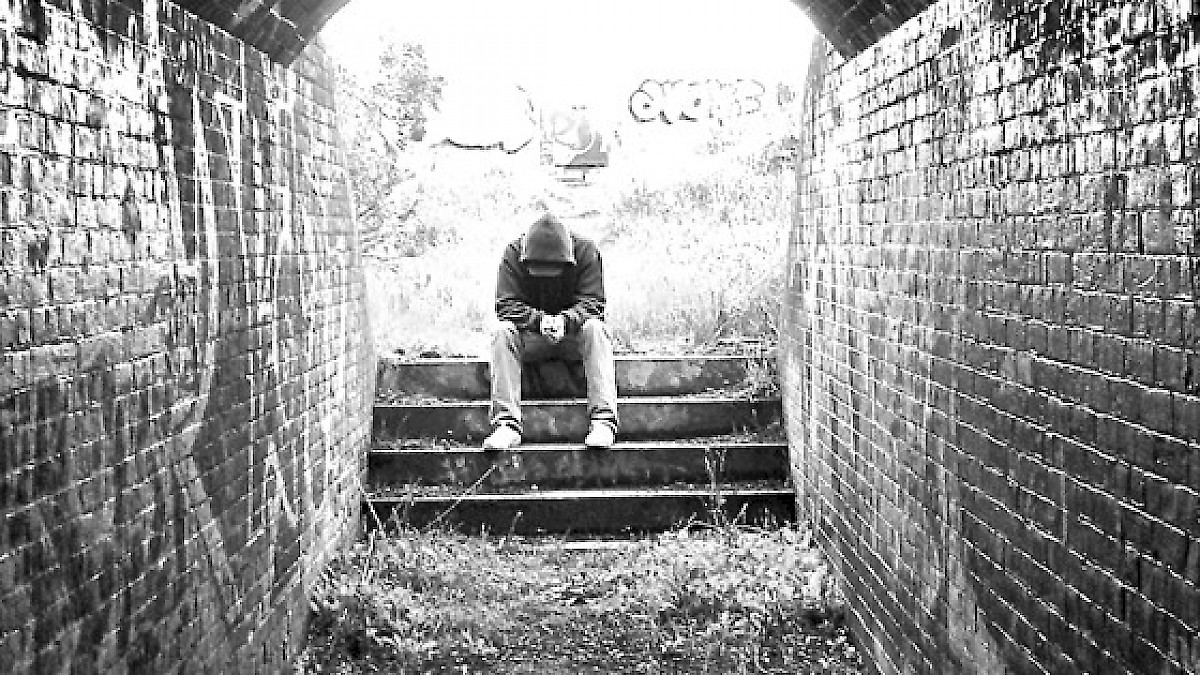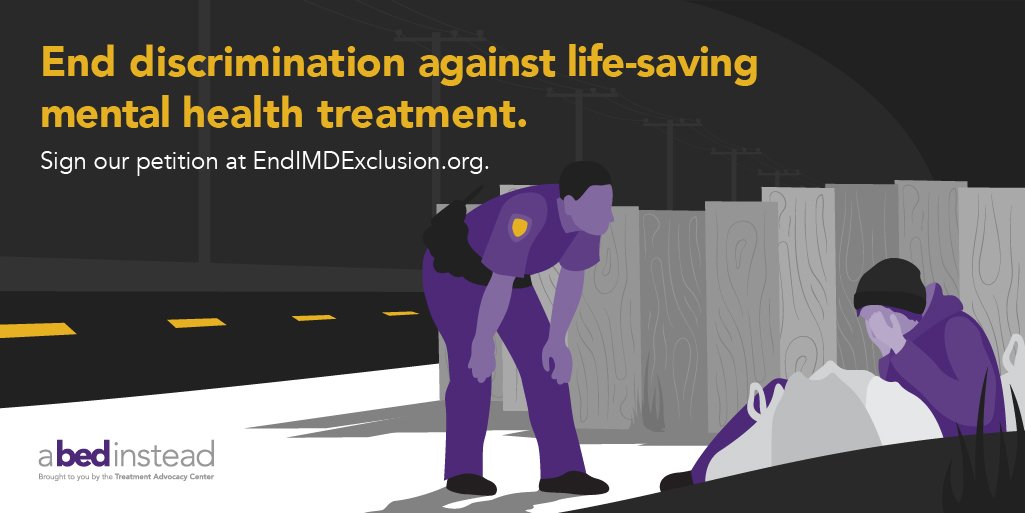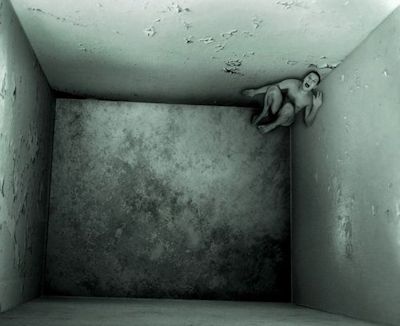
(2-16-18) Consider item one: “We are committed to working with state and local leaders to help secure our schools and tackle the difficult issue of mental health,” Trump said in brief remarks at the White House following the Florida school shooting.
Consider item two:
Report: Mass Shootings and Mental Illness
By James L. Knoll IV, M.D. George D. Annas, M.D., M.P.H. Copyright © 2016 American Psychiatric Association Publishing. All Rights Reserved.
Common Misperceptions
Mass shootings by people with serious mental illness represent the most significant relationship between gun violence and mental illness.
People with serious mental illness should be considered dangerous.
Gun laws focusing on people with mental illness or with a psychiatric diagnosis can effectively prevent mass shootings.
Gun laws focusing on people with mental illness or a psychiatric diagnosis are reasonable, even if they add to the stigma already associated with mental illness.
Evidence-Based Facts
Mass shootings by people with serious mental illness represent less than 1% of all yearly gun-related homicides. In contrast, deaths by suicide using firearms account for the majority of yearly gun-related deaths.
The overall contribution of people with serious mental illness to violent crimes is only about 3%. When these crimes are examined in detail, an even smaller percentage of them are found to involve firearms.
The mass shootings at Virginia Tech, in Tucson, in Aurora, in Newtown, and at the Navy Yard were clearly related to untreated mental illnesses. There were abundant warning signs.
Author D. J. Jaffe argues that individuals with untreated serious mental illnesses are, in fact, more dangerous than the average American. He writes, “Denial of a link between violence and untreated serious mental illness serves the needs of neither the ill nor the public.”
So who is correct?






 Inmates are typically held in 80-square-foot cells for 23 hours a day, seven days a week. They are supposed to receive one hour a day of recreation five times a week, but those exercises are done inside a 96-square-foot, fenced area – basically a large cage. Inmates eat alone in their cells and, by design, have little, if any, interaction with others.
Inmates are typically held in 80-square-foot cells for 23 hours a day, seven days a week. They are supposed to receive one hour a day of recreation five times a week, but those exercises are done inside a 96-square-foot, fenced area – basically a large cage. Inmates eat alone in their cells and, by design, have little, if any, interaction with others.

